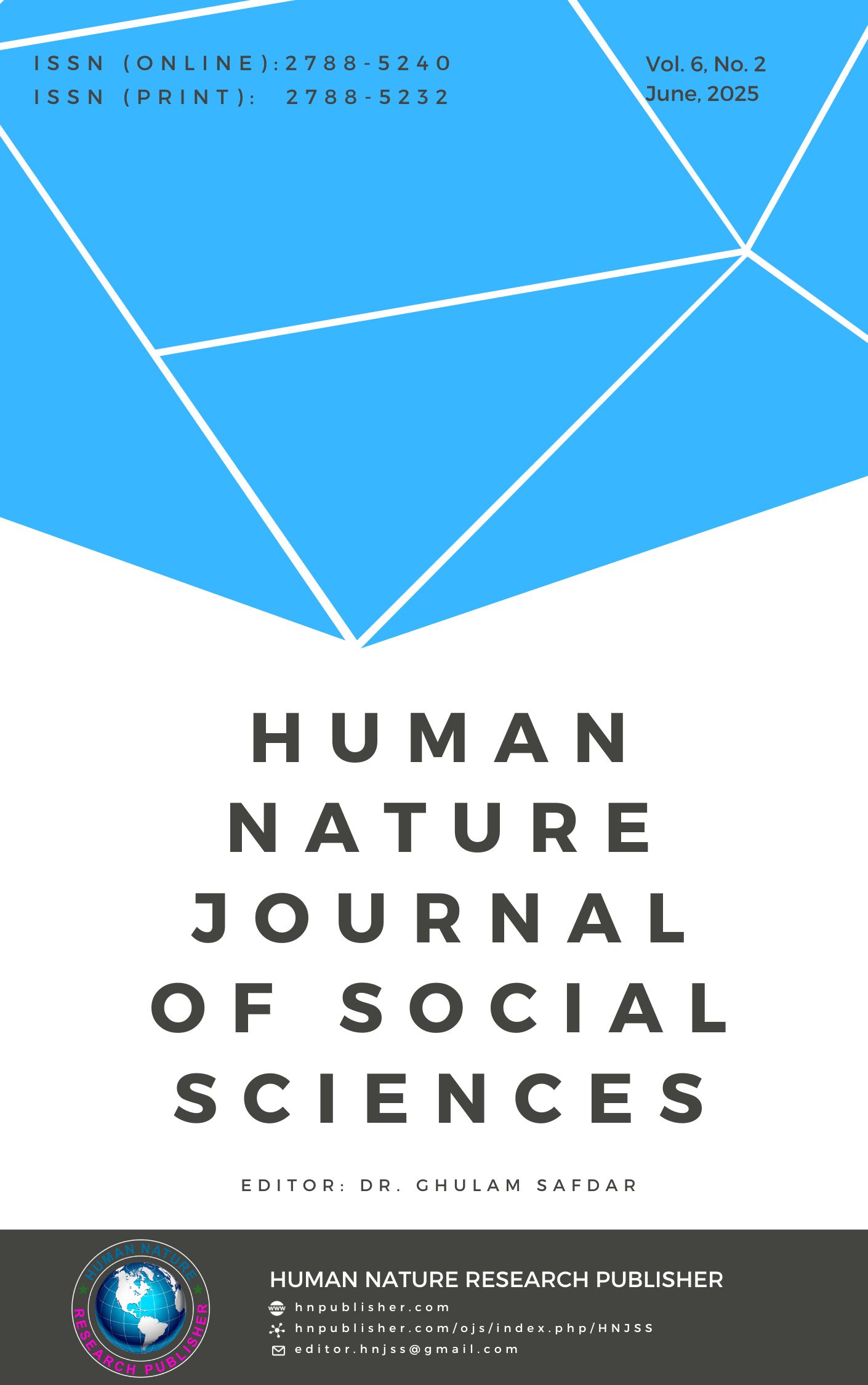Psychological Determinants of Perceived Quality of Life of Breast Cancer Survivors in Pakistan
DOI:
https://doi.org/10.71016/hnjss/j86xe940Keywords:
Depression, Quality of Life, Breast Cancer Survivors, Psychosocial DeterminantsAbstract
Aim of the Study: Study investigate the contribution of psychosocial factors in affecting QoL of BCS. Psychosocial factors encompasses on Psychological Distress Resilience, Body image, self-efficacy, Health Beliefs and Medication Adherence and Doctor-Patient Relationship.
Methodology: A sample of breast cancer survivors (N=150) was recruited using non-probability purposive sampling. The Sample was collected from different public and private sector cancer hospitals of Lahore. The assessment measures included Breast Cancer Patient version QoL (QoL-BC) (Ferrell et al., 1998), Body Image after Breast Cancer Questionnaire (BIBCQ; Baxter et al., 2006), The Breast Cancer Survivor Self efficacy Scale (Champion et al., 2013), Health Beliefs and Medication Adherence in Breast Cancer (HBMABC), The Brief Resilience Scale (Bruce W Smith, 2008), Breast Cancer Prevention Trial (BCPT) Symptom Checklist, Doctor-patient Relationship Questionnaire and Kessler Psychological Distress Scale (Kessler & Mrocezk, 1992).
Findings: QoL was negatively influenced by psychosocial variables such as psychological distress, health beliefs, physical health status, and body image while QoL was positively influenced by resilience, self-efficacy, and doctor-patient relationships. The relationship between psychological distress, health status and body concerns were found to be positive and significant. It found that BCS with higher levels of psychological distress tend to have poor body image while BCS with higher level of resilience tend to have better QoL as resilience provide buffer in managing difficulties of treatment and therapy effects. Self-efficacy moderated between psychosocial constructs and QoL, while doctor patient relationship mediated between psychosocial constructs and QoL among BCS.
Conclusion: This research empirically filled the void and helps to establish interventions to foster positive effects of the dreadful disease and also promote effective living with the course of the breast cancer.
Downloads
Published
Issue
Section
License
Copyright (c) 2025 Dr. Hafiza Fahria Masood, Dr. Fatima Kamran (Author)

This work is licensed under a Creative Commons Attribution-NonCommercial 4.0 International License.








